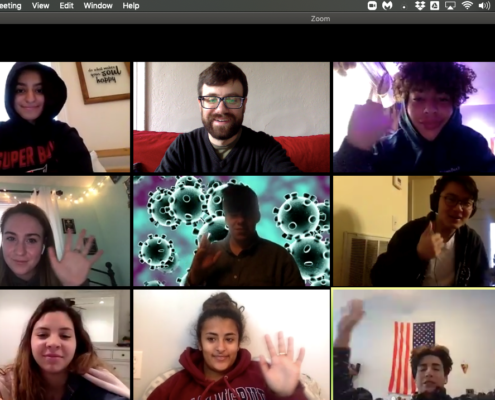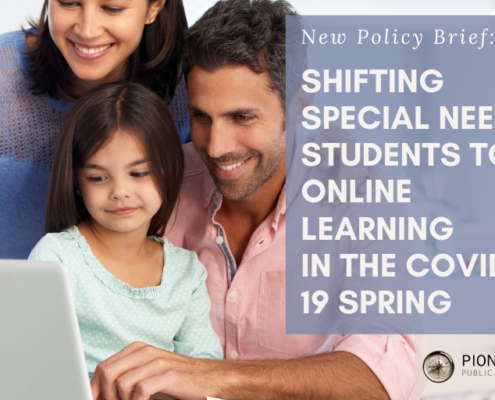Op-ed: Mass. has tools to lead in online learning — but doesn’t
By Julie Young
For two years running, Bloomberg’s State Innovation Index has hailed Massachusetts as the country’s most innovative state economy. Looking at such metrics as R&D; concentration of science, technology, engineering, and math employment; and numbers of science degrees, it’s no wonder that the commonwealth placed first.
But it’s not just postsecondary education that makes Massachusetts a leader in innovation. Its K-12 public schools also boast some of the most dynamic and thoughtful approaches to brick-and-mortar education, providing a model for the rest of the country.
Despite these successes, Massachusetts struggles to keep pace with innovative online educational offerings that have helped students thrive throughout the nation. The commonwealth is home to digital learning experts Paul Peterson, Clayton Christensen, Michael Horn and John Flores, yet it has been unable to establish a strong virtual-learning ecosystem. Read the rest of this op-ed in The Lowell Sun, the Fitchburg Sentinel & Enterprise, The New Bedford Standard Times, WGBH News, the MetroWest Daily News, and The Providence Journal.
Julie Young is deputy vice president of Education Outreach and Student Services at Arizona State University and CEO of ASU Prep Digital High School. She was the founding president and CEO of Florida Virtual School.
Learn more about digital learning:










